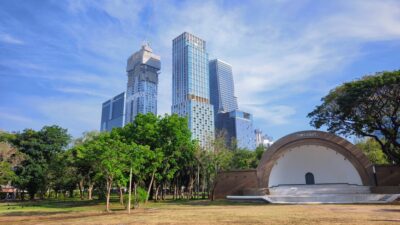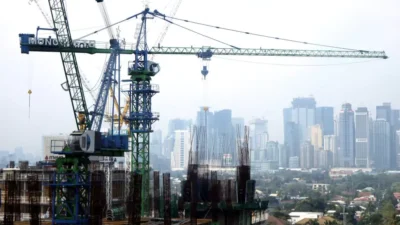Thai hotel occupancy rates increase in Q3; tourism remains key contributor to GDP growth
Hotels in Thailand are gaining traction due to a rebound in global travel demand
Channel News Asia reports that Thailand’s economy is projected to expand at a rate of three to 3.5 percent this year on the back of the tourism sector.
Moreover, Finance Minister Arkhom Termpittayapaisith stated that a global slowdown would not have adverse effects on Thailand’s economic recovery due to a rebound in tourism, according to Reuters.
The sector is a major contributor to the country’s economy. In fact, Thailand welcomed 40 million tourists, who spent THB1.9 trillion (USD49.6 billion), in 2019.
A leading joint business group said the country expects at least nine to 10 million foreign visitors this year.
The industry’s revival is said to support jobs and incomes in the tourism and related sectors. It is also forecasted to be a key contributor to the country’s 2023 GDP growth, reported the Economic Intelligence Unit.
As arrivals increased in Q3 2022, the recovery of travel costs is set to continue and pick up the pace in the next two years. Current and upcoming investments will also support GDP development to upgrade the infrastructure and auxiliary facilities.
Like most countries that rely heavily on tourism, hotels in Thailand are gaining traction due to a rebound in global travel demand, as authorities scrap all pandemic-era restrictions.
A survey cited by Bloomberg mentioned that in August, the average room occupancy at Thai hotels was 48 percent, up from 46 percent in July, increasing the average employment rate at these hotels to 75 percent from 71 percent.
More: Hotel franchising gains traction in Asia as Thailand leads adoption of business model
Occupancy rates in September were seen at around 40 percent. Income has also improved, reaching at least half of pre-pandemic levels for four- to five-star properties. Overall revenue, however, remains well below pre-COVID levels.
The tourism sector accounts for 12 percent of the GDP and 20 percent of employment, making it a key contributor to Thailand’s economic recovery.
The Property Report editors wrote this article. For more information, email: [email protected].
Recommended
Why Asia’s mixed-use developments are the future of real estate
Dynamic integrated communities are fusing real estate with commercial, leisure, and other amenities
Transforming cities worldwide: Surbana Jurong’s vision for the future
Surbana Jurong excels in master planning, infrastructure, and urban development
Inside Asia’s commercial real estate: The cities thriving and those facing tough times
Shifting consumer preferences, and fluctuating economic policies mean commercial real estate investors in Asia must remain agile
Why young Asians are choosing singlehood and reshaping real estate trends
Marriage is out, and singlehood is in as young Asians subvert convention to explore alternative paths in real estate









